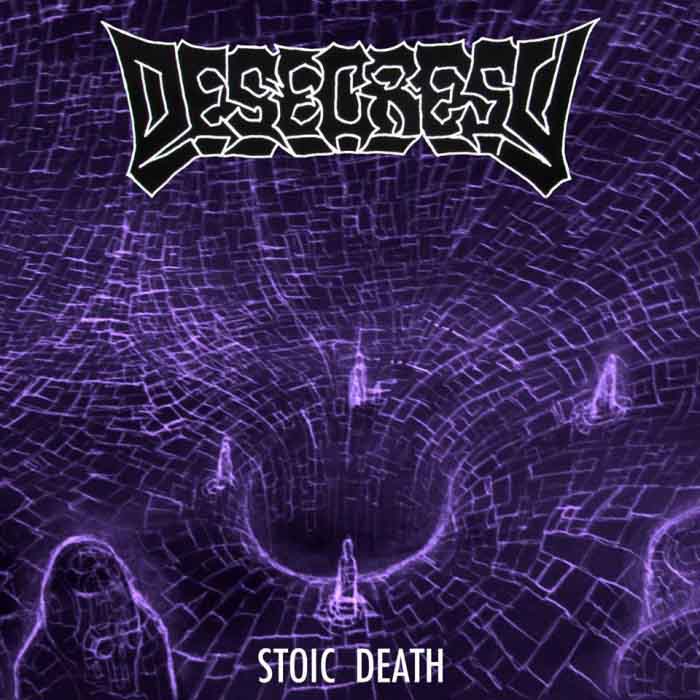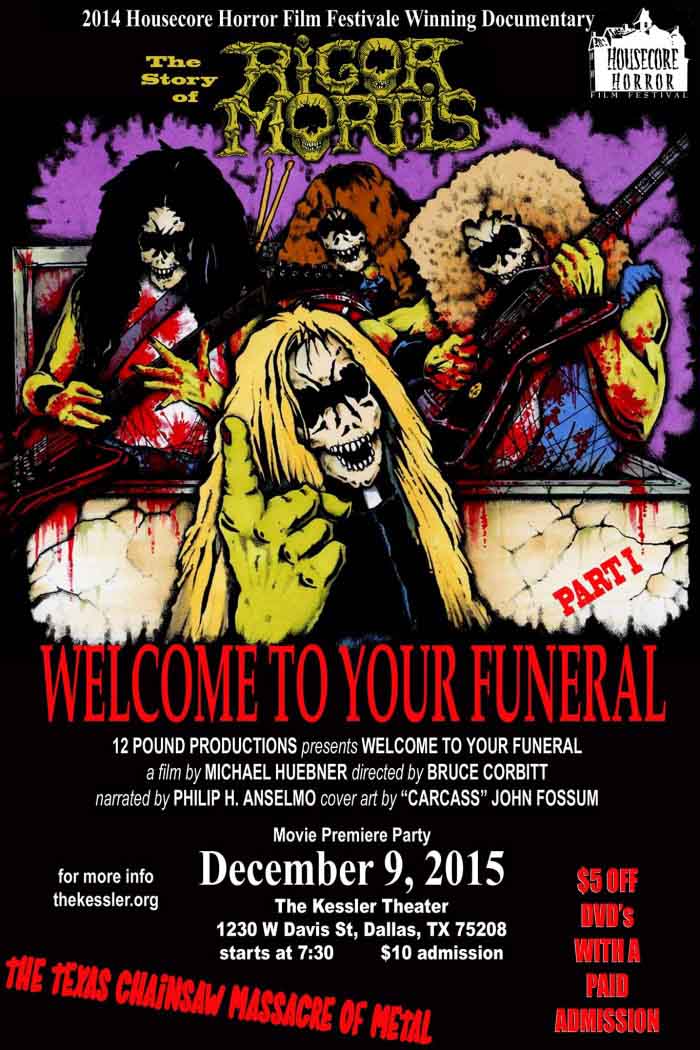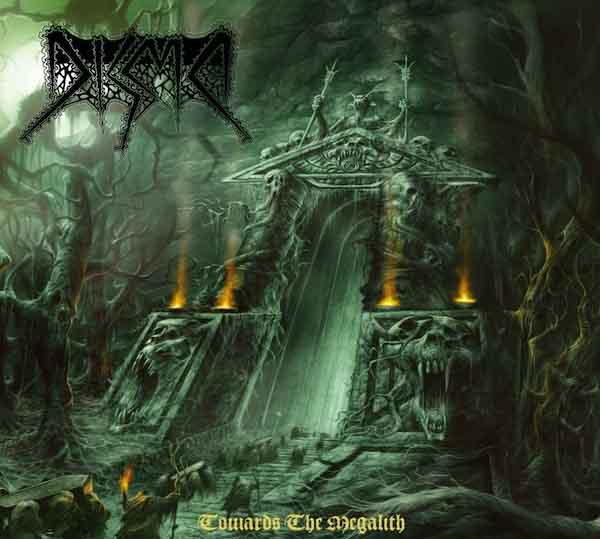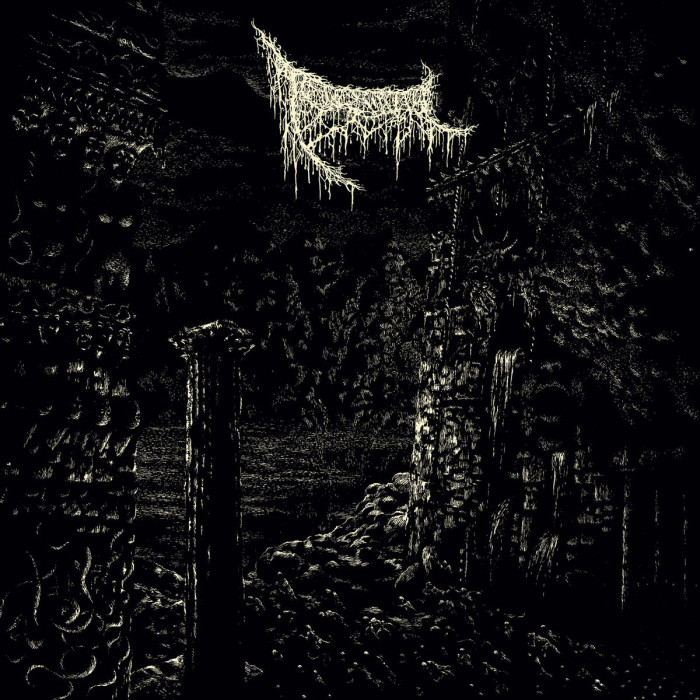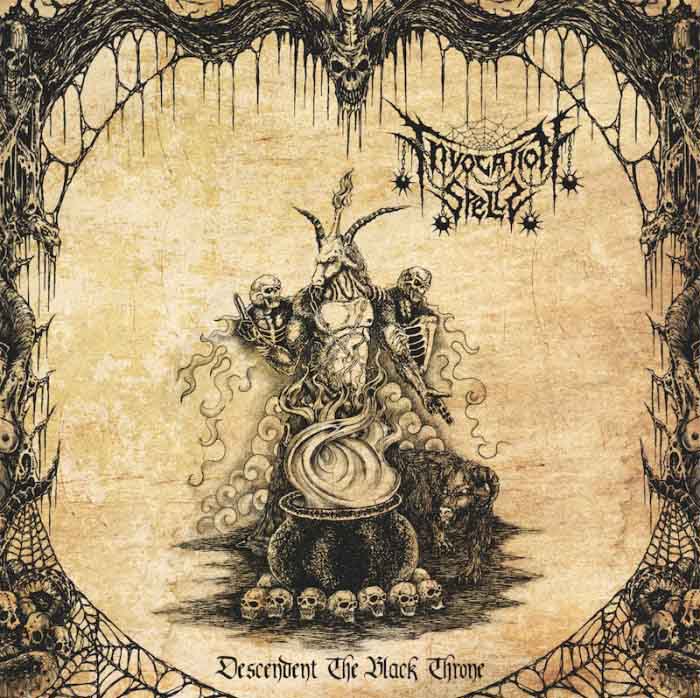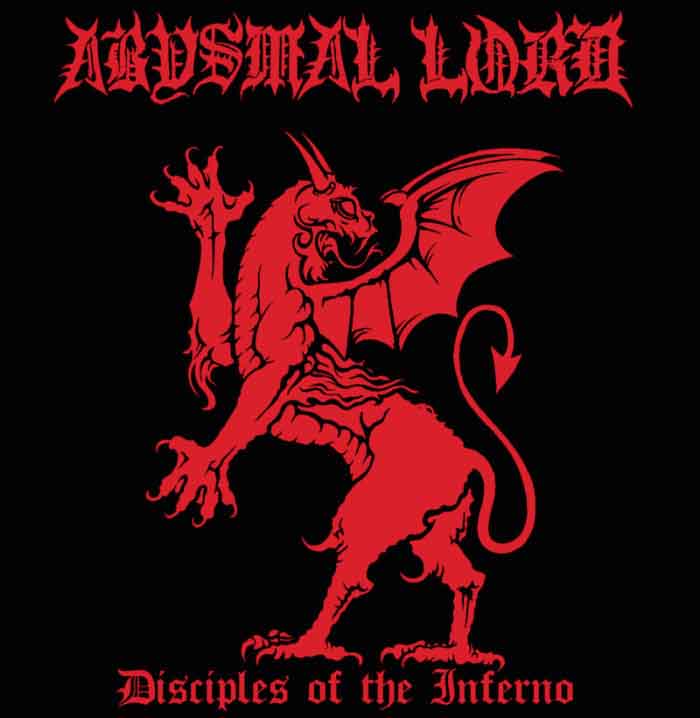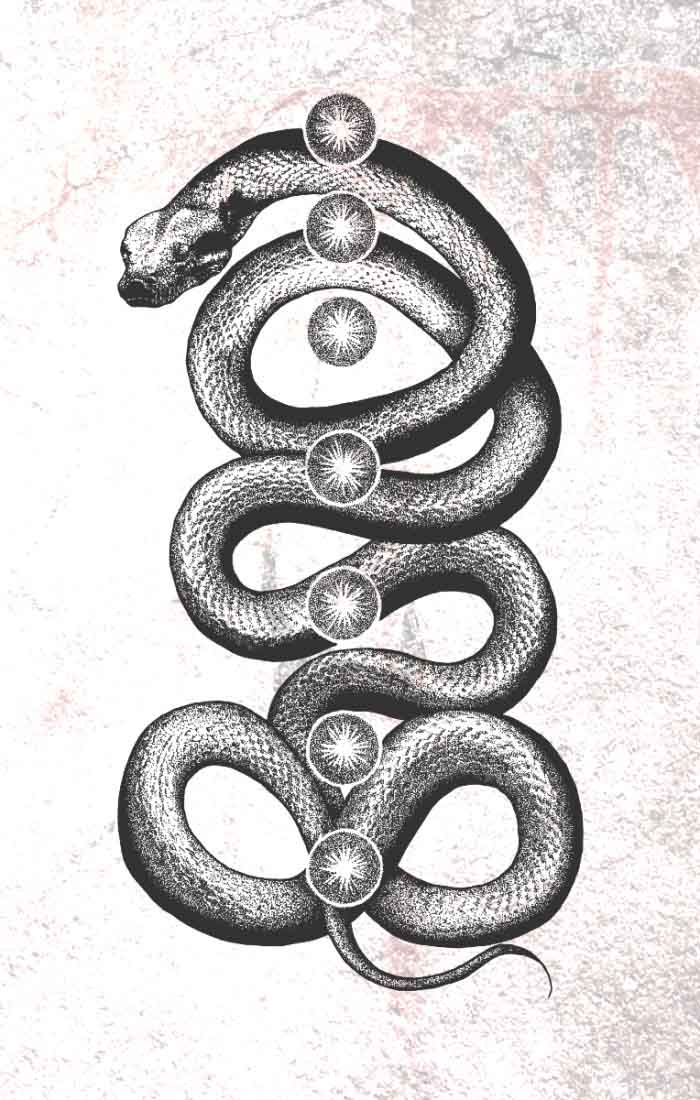
Article by “AR”
The weaknesses of the San Francisco Bay Area “metal scene” have been in full display this October. The anticipated California Deathfest was thrown into disarray when death metal band DISMA was kicked out for political reasons – namely due to a past musical project of vocalist Craig Pillard (INCANTATION) which utilized imagery of the Third Reich. Besides the headliners of AUTOPSY and IMMOLATION, and a few less notable exceptions, this left the lineup of the “metal” nights filled with the grind/crust/punk mixture that is popular among a less discerning crowd. This suggested to outside observers that the interests of the promoters lay more with political agendas and popularity contests, than appreciation of metal music.
It was with interest that I heard of the “Legion of Steel Metalfest & Conference”, held over the course of four days this week and consisting of a “metal market”, “academic conferences” about heavy metal, and two night of music featuring most notably San Francisco death/speed metal stalwarts INSANITY, rock/heavy/speed metal band STONE VENGEANCE, and punks FANG, bands who never quite “made it” but who have been doggedly performing since at least the 80s. Only able to attend one night, I chose the night headlined by INSANITY, and showed up around 1PM to catch part of the conference, speculating that it might be some sinister affair where effete academics plot how to force their agenda on innocent hessians, but also open to more positive possibilities.
Missing the first three presentations, I arrived for “Becoming Death Itself: What Heavy Metal Offers Biblical Scholarship” presented by Charlotte Naylor Davis, of Great Britain. Her short presentation focused on the lyrics of METALLICA’s “Creeping Death”. Most interestingly, she pointed out that METALLICA presents the biblical story of an vengeful tribal god killing first-born children as a celebration of the power of death, and invites the audience to assume the role of the Angel of Death during the chanting climax of the song. This embrace of what is unpalatable or uncomfortable in “polite society” is part of what makes metal music powerful, and sets it apart from the happy illusions of most popular entertainment. Ms. Davis was a knowledgeable and enthusiastic presenter and I was disappointed the topic was not continued for longer.
Next was Mr. Shamma Boyarin of the University of Victoria, who first talked about Israeli “oriental metal” band ORPHANED LAND, who utilize the imagery of Judaism, Islam and Christianity. My ears perked when he mentioned how metal bands freely use themes from many different religious and occult practices, but in “obeisance to none”; i.e aesthetically, not dogmatically (paging Fred Nietzsche!). However, Mr. Boyarin chose to switch tack and talk about how ORPHANED LAND’s music was “breaking down barriers” between the religions and cultures of the Middle East, which seems to be a happy fantasy, if even desirable at all. Next was discussed an Indonesian band, MANRABUKKA, whose lyrics delve heavily into the Koran. A passage of the Koran, quoted by the band (Surat Al-Kafirun, “The Unbelievers”): “I do not worship what you worship. Nor are you worshippers of what I worship… For you is your religion, and for me is my religion”, evoked the religion-rejecting lyricism of bands like MORBID ANGEL and DEICIDE, but also that such advice is poorly-followed in those areas of the world torn by dogmatic conflicts. However Mr. Boyarin somehow brought the conclusion back around to “breaking down barriers”. I would recommend developing some new conclusions and exploring these interesting ideas further!
Next was Addison Herron-Wheeler of Naropa University, who read passages from her book “Wicked Woman: Women in Metal From the 1960s to Now”. The cynics among us may sigh in expectation of the women-as-oppressed-victims narrative that is popular these days, but as her reading mainly dealt with the singer of the 60s occult pop-rock band Coven, musically far distant from metal, I zoned out during this portion and can’t report much. If women in metal are going to be discussed as a separate topic, the most deserving individual may be the fascinating Lori Bravo of NUCLEAR DEATH, who has hitherto been mostly ignored.
Next was a presentation by Dolev Zaharony of Israel. Mr. Zaharony discussed the history of metal music in Israel and how the government/media, ever-paranoid and faced with the difficult task of molding the mixed population of young Israel into a single culture, filtered out all references to heavy metal, and one assumes much else. Mr. Zaharony spoke as one who had been passionate about metal since his teens and had lived through many phases of metal culture in Israel, as well as been a musician. This presentation was enjoyable as he spoke informatively, without any attempt to politicize.
Finally was a viewing of clips from the documentary “Distorted Island”, which focuses on the heavy metal scene of Puerto Rico. This was at times interesting and at times irritating when the documentary attempted to impose narratives on the music, for example highlighting a band because they are all female (though the music sounded pretty awful), and thus an example of triumph against the sexist metal scene. This method is currently trendy in musical documentaries, and one of the many problems with it is that filmmakers end up focusing on mediocre bands at the expense of excellent ones, if the mediocre bands better fit the narrative.
This is a problem common to analyses of metal which prioritize social aspects over the music itself: they lose sight of the reason why the social scene arose in the first place – to celebrate and appreciate the MUSIC, its power and its ethos. Once any other element of the culture is made primary, the goal is lost and the music will become merely an accessory, and necessarily devolve in quality. This same effect can be seen with the hipsters who use metal aesthetic to dress up boring indie-rock, to the collectors who obsess over obscure releases that were forgotten due to their middling quality.
In the spirit of culling the mediocre, Charlotte Naylor Davis and Dolev Zaharony were the only two I witnessed whose presentations passed the bar of quality, knowledge, and true enthusiasm; as well as being free of political propaganda. I would recommend them for any future conferences. Note however the limited sampling which I was able to attend; there may have been other hidden gems.
4 CommentsTags: academia, conference, geography, legion of steel, metal academia, narrative, propaganda, Religion

